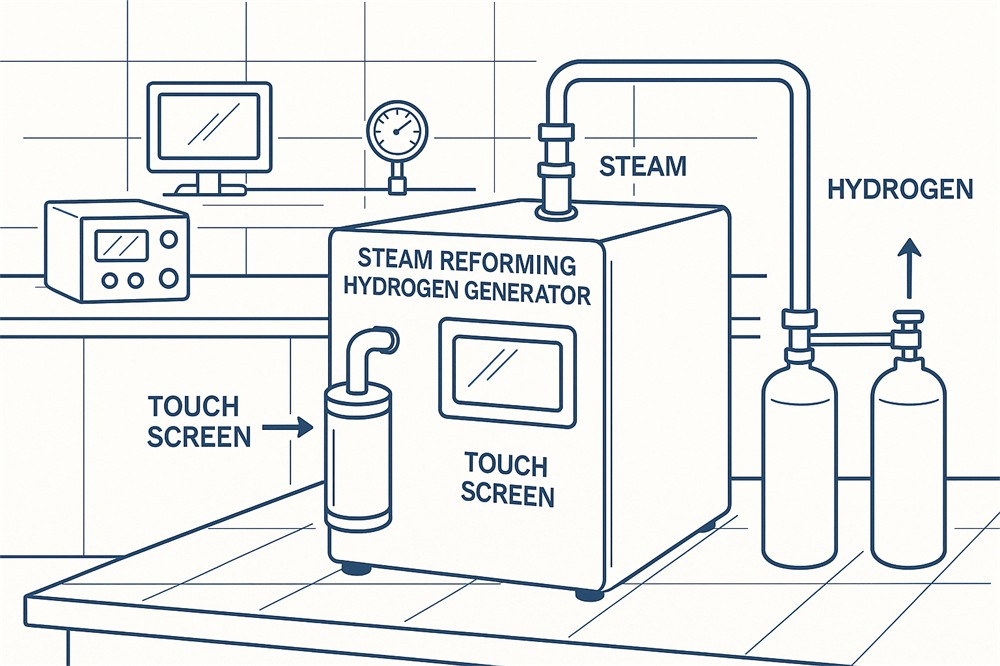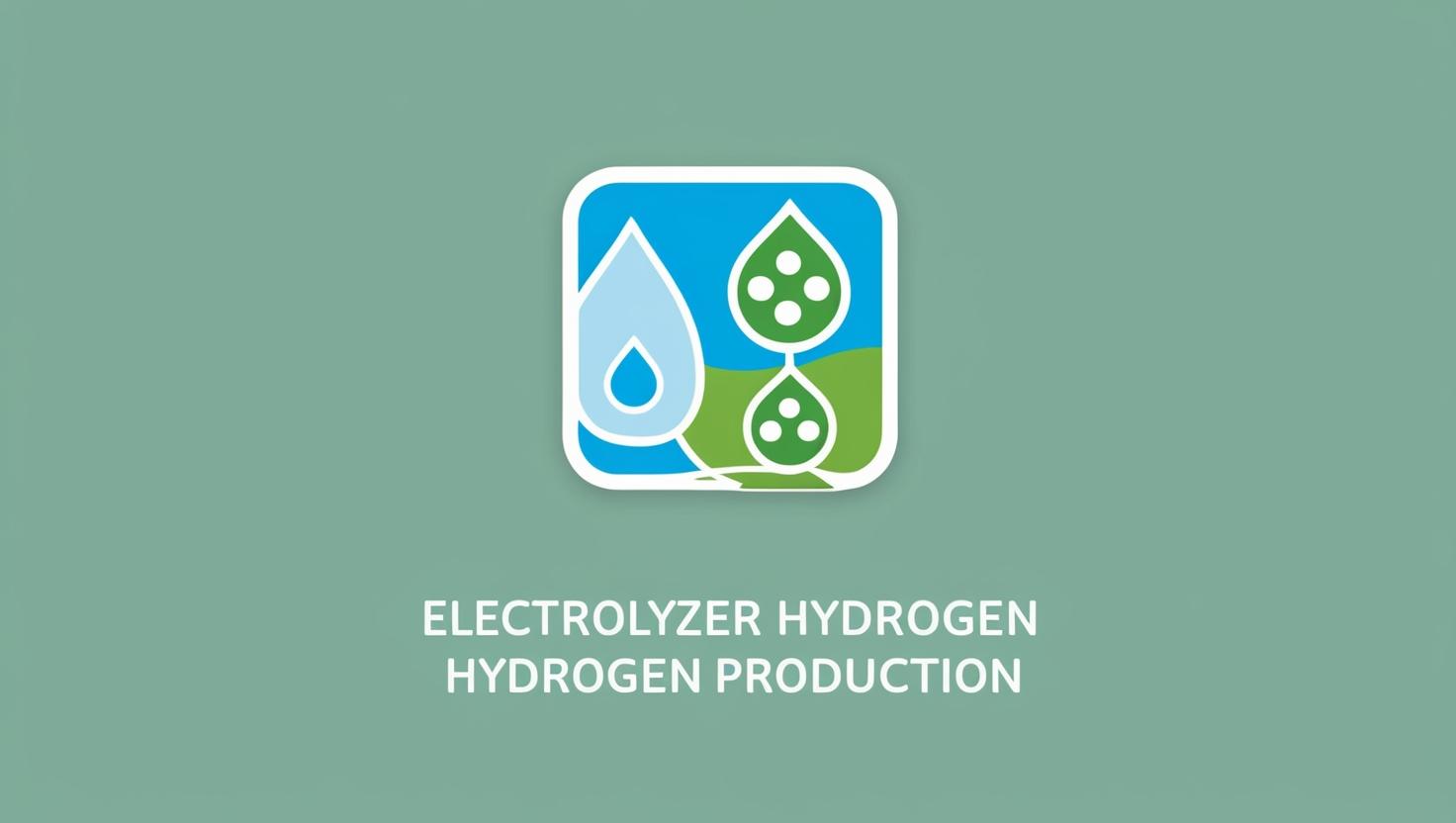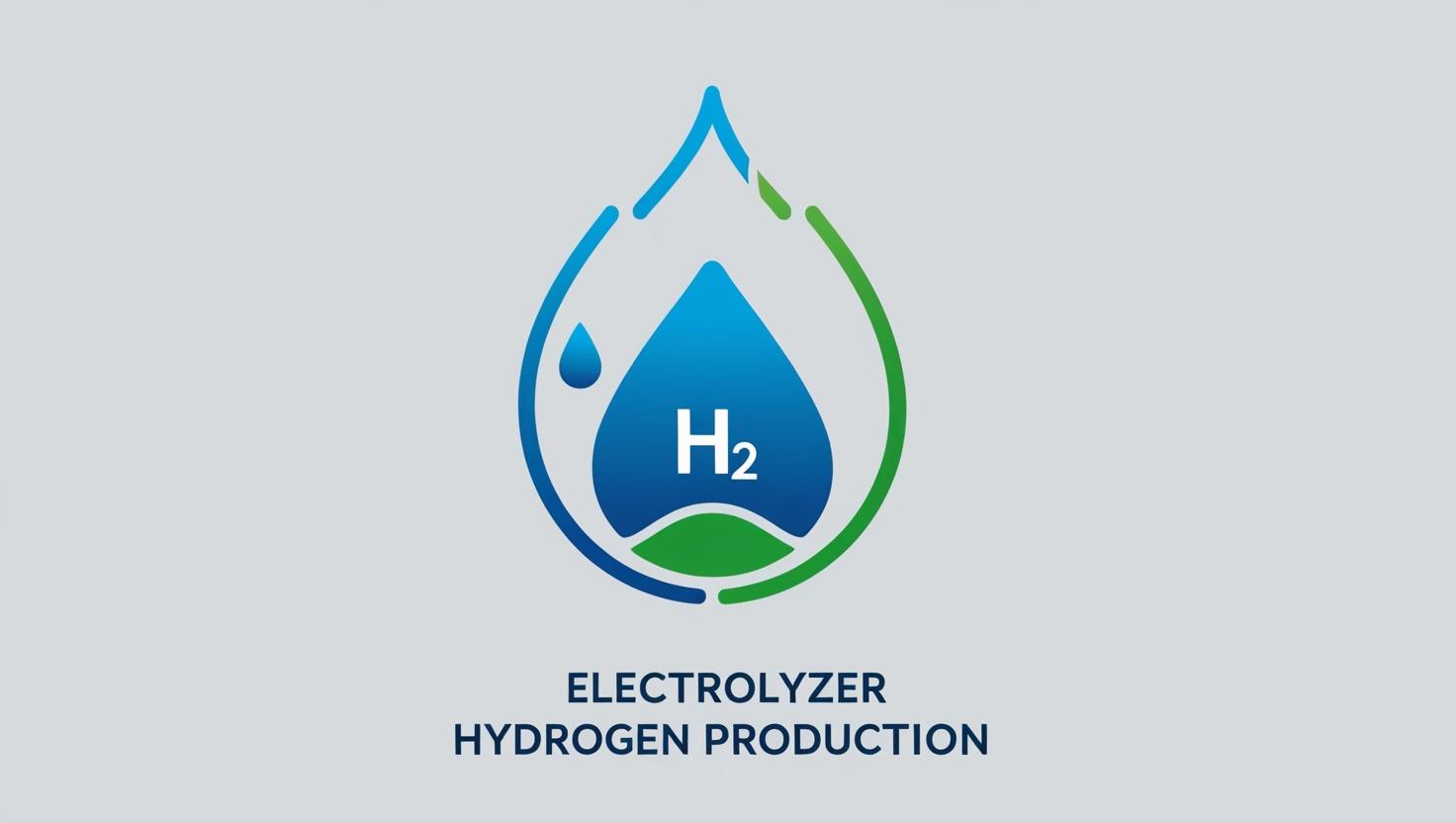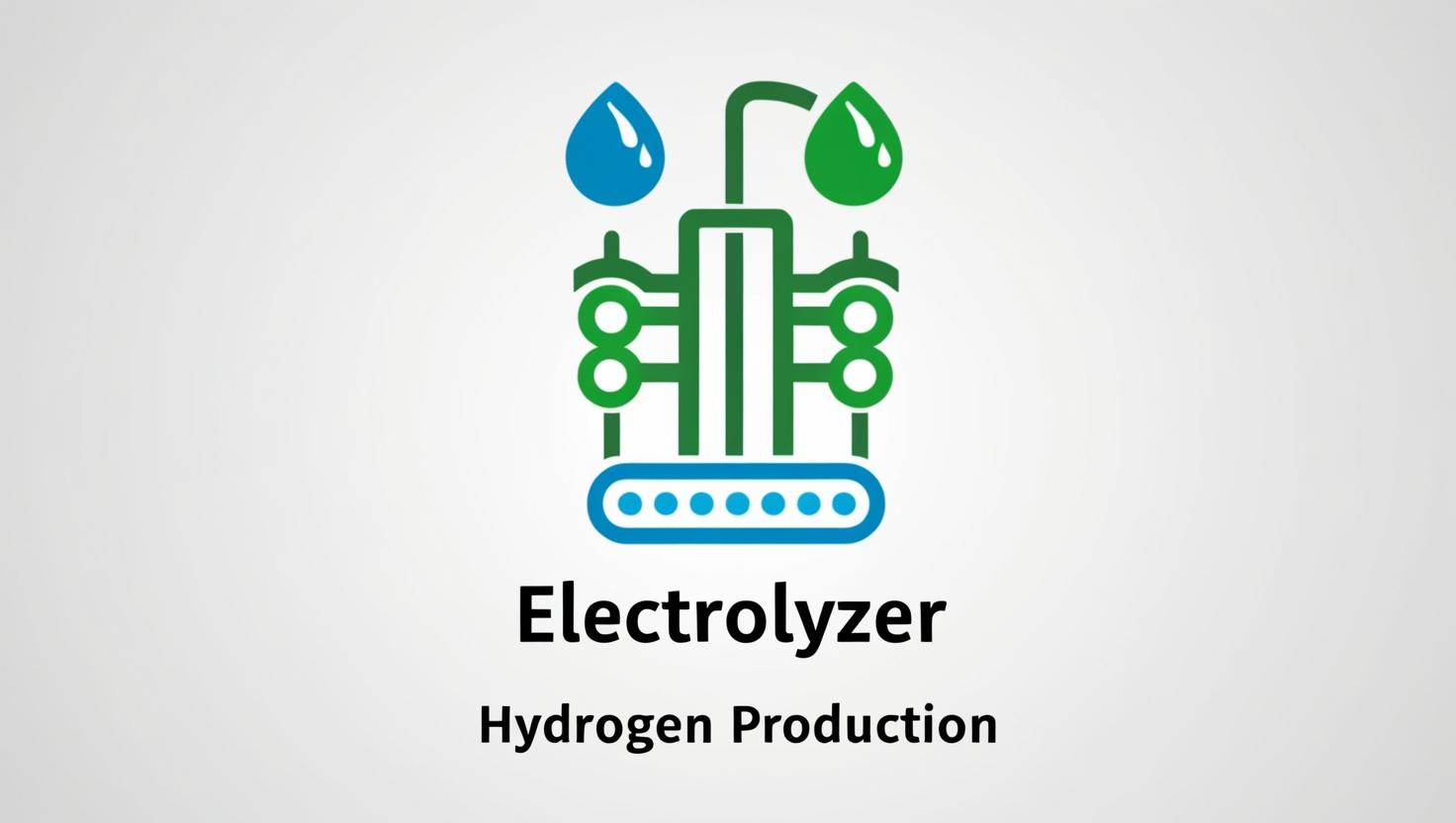The Complete Guide to Industrial Hydrogen Gas Generators for Welding
1. Introduction to Oxy-Hydrogen Welding Technology
Industrial oxy-hydrogen generators are transforming how manufacturers approach metalworking. Using a clean-burning mix of hydrogen and oxygen—commonly known as HHO gas—these systems are delivering high-precision welding and cutting while slashing operational costs and emissions.
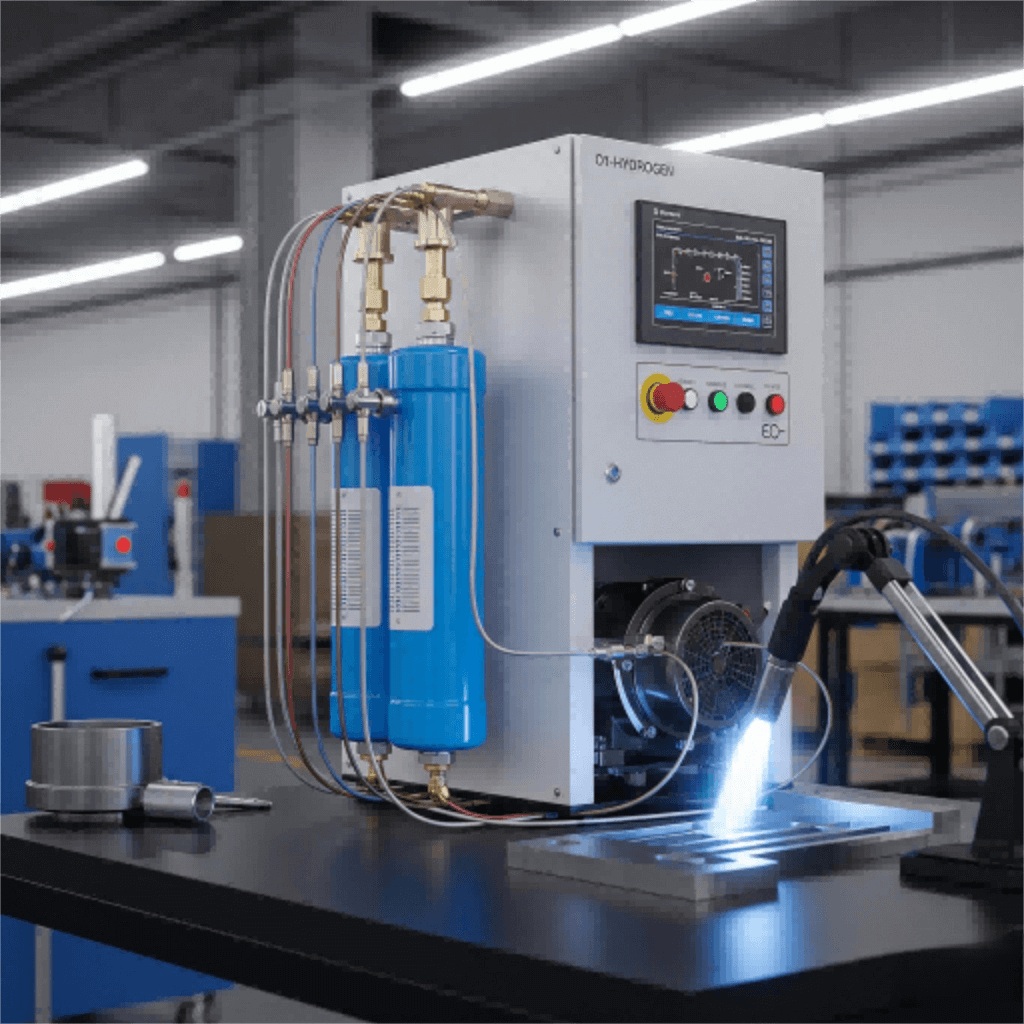
What is HHO Gas and How It Works
HHO gas is generated via electrolysis, separating distilled water into its elemental gases—hydrogen and oxygen. This gas mixture is then fed into a torch, creating a high-temperature, clean flame ideal for industrial welding applications.
Benefits Over Traditional Welding Methods
- Eco-friendly: No carbon emissions—just water vapor.
- Efficient: On-demand gas eliminates the need for gas cylinders.
- Cost-effective: Significant fuel savings compared to acetylene or propane.
Market Adoption in Industrial Sectors
From automotive manufacturing to aerospace, more companies are adopting HHO welding machines for their clean energy profile and pinpoint precision.
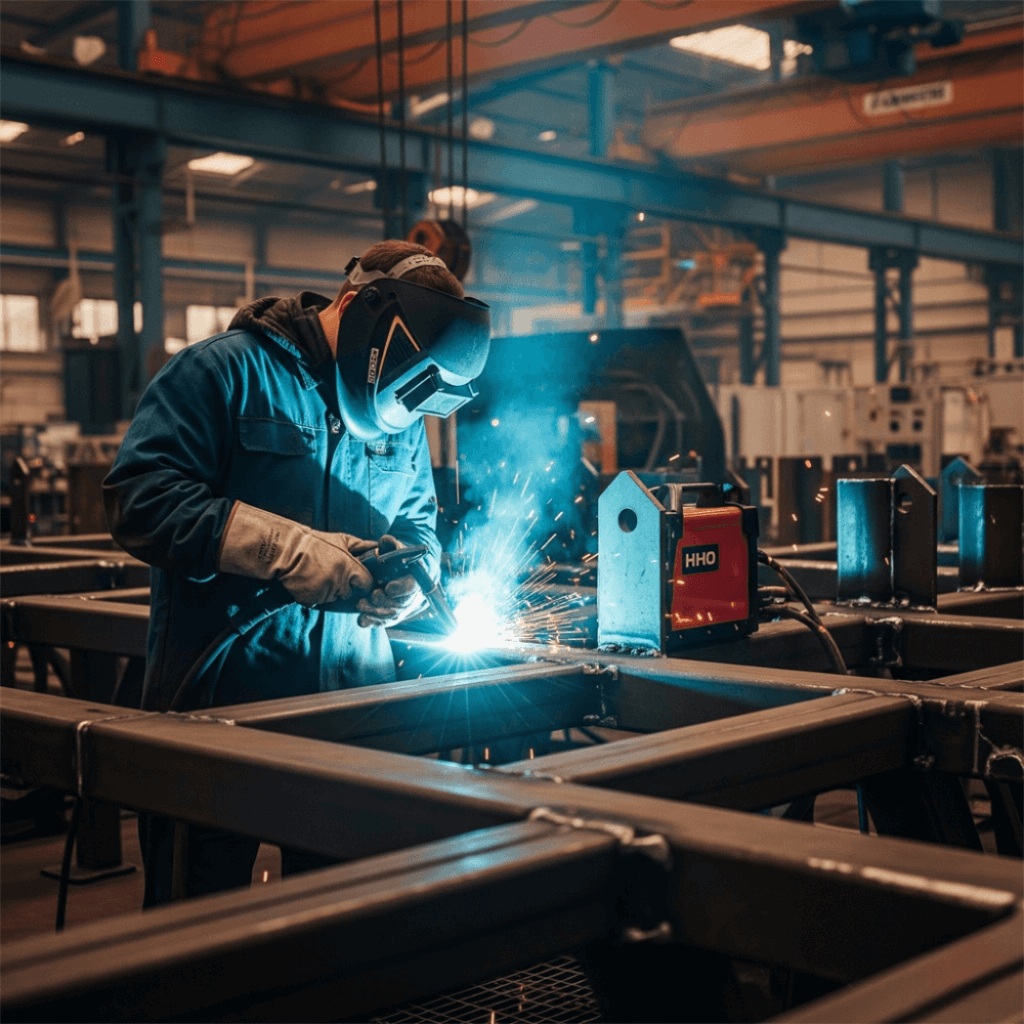
2. Key Applications in Industrial Settings
Precision Welding for Metal Fabrication
Oxyhydrogen welding excels in producing clean, high-strength welds on delicate and precision-engineered components.
High-Efficiency Cutting Operations
These systems can cut through thick steel or aluminum plates cleanly with minimal slag, making them perfect for shipbuilding and heavy machinery industries.
Brazing and Soldering Applications
Ideal for HVAC systems and plumbing, the precise flame control supports high-quality brazing and soldering.
Comparison With Other Welding Methods
| Welding Type | Energy Efficiency | Emissions | Setup Cost |
|---|---|---|---|
| Oxy-Hydrogen (HHO) | High | Zero CO₂ | Medium |
| Acetylene | Medium | High CO₂ | High |
| TIG/MIG | Medium | Low-Moderate | High |
3. System Components & Technical Design
Electrolyzer Unit and Water Purification
The core component, the electrolyzer, uses purified water and electricity to generate HHO gas efficiently.
Gas Storage and Pressure Regulation
While most systems operate on-demand, some industrial units include buffers and regulators for consistent flame output.
Flame Torch Assembly and Controls
Modern torches are equipped with adjustable nozzles, ignition systems, and flame stabilization technologies.
Safety Cut-Off Mechanisms
Automatic shutoff valves, backfire arrestors, and gas leak sensors ensure workplace safety.
Portable vs. Stationary System Configurations
- Portable Units: Ideal for mobile repair services and fieldwork.
- Stationary Systems: Suited for high-volume industrial applications.
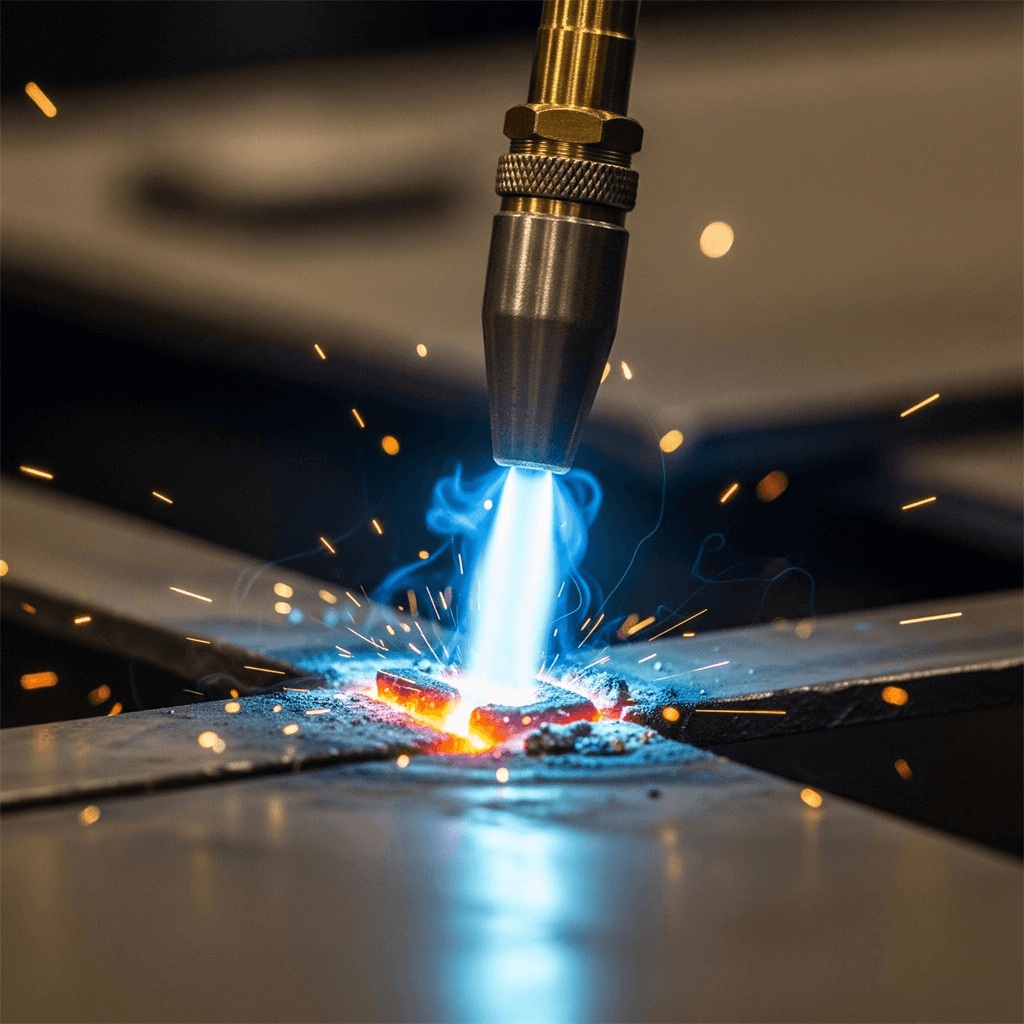
4. Performance Advantages
Energy Efficiency Metrics
Oxy-hydrogen generators consume less electricity per unit of output gas compared to traditional gas supply chains.
Flame Temperature and Precision Control
With flame temperatures reaching over 2800°C (5072°F), these systems allow for incredibly fine control over heat application.
Material Compatibility
HHO is suitable for welding:
- Stainless steel
- Mild steel
- Aluminum
- Copper
- Brass
Production Capacity
High-grade models can run 24/7 with consistent output, minimizing downtime in manufacturing plants.
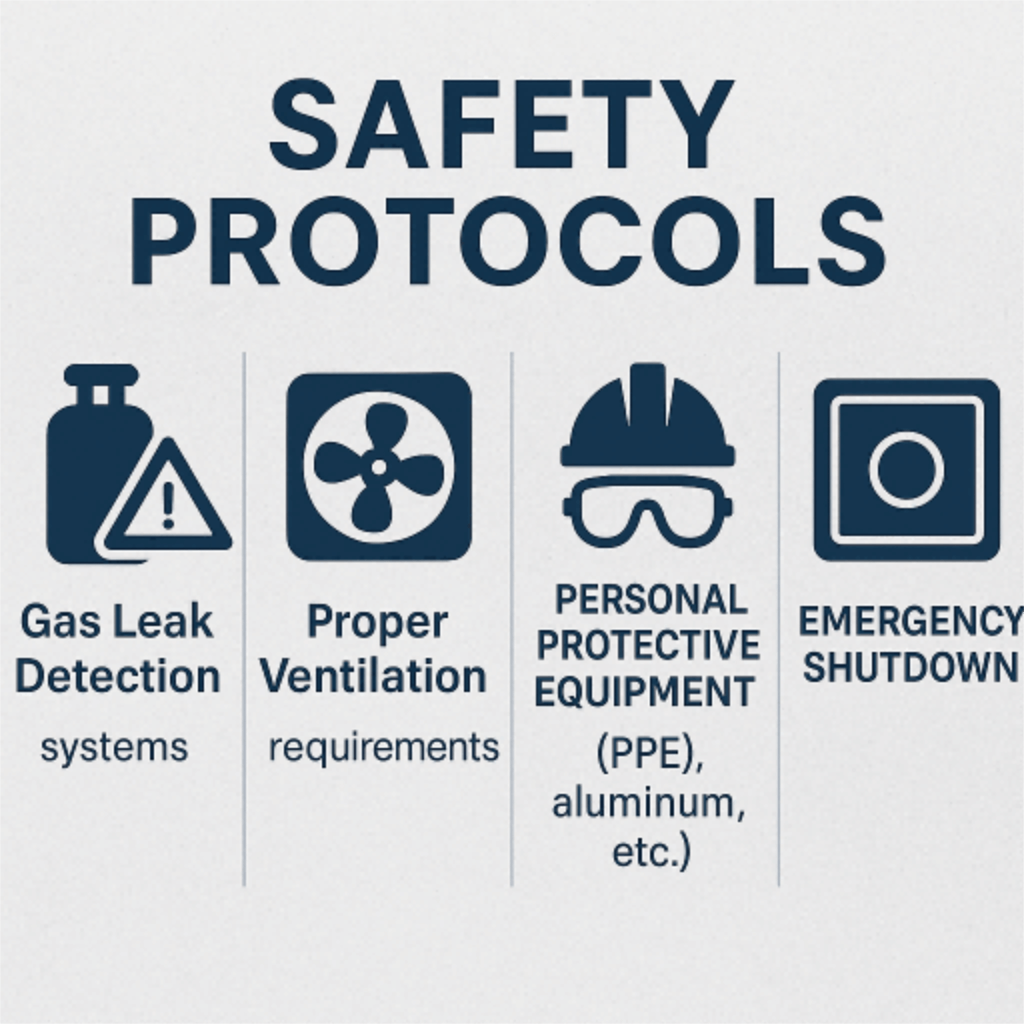
5. Safety Protocols & Operational Best Practices
Gas Leak Detection Systems
Integrated sensors detect leaks instantly, triggering alarms and automatic shutoffs.
Ventilation Requirements
Despite being non-toxic, proper airflow prevents heat buildup and enhances worker comfort.
Personal Protective Equipment (PPE)
Operators should wear flame-resistant gloves, face shields, and eye protection.
Emergency Shutdown Procedures
Each system includes emergency stop buttons and manual override features.
OSHA Compliance Considerations
Ensure that your installation follows Occupational Safety and Health Administration (OSHA) guidelines for gas usage.
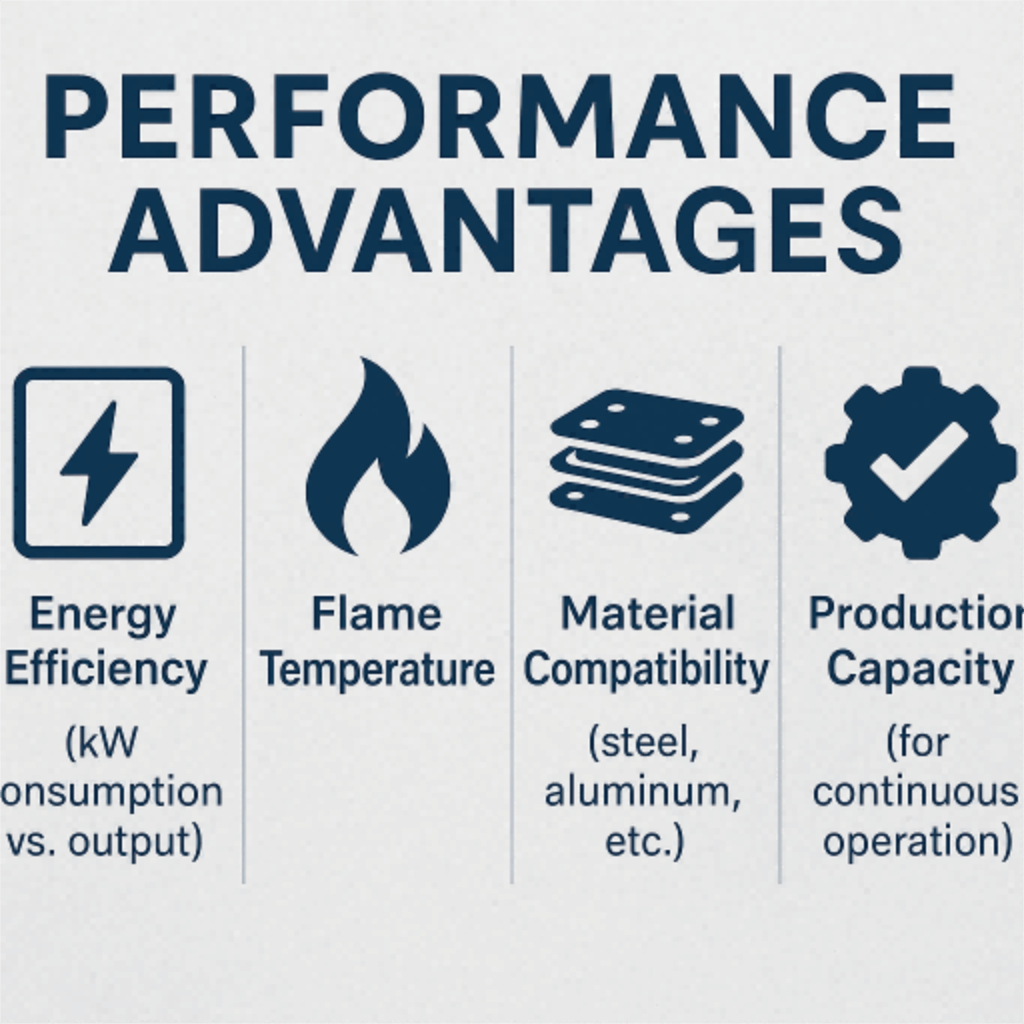
6. Maintenance & Long-Term Operation
Daily/Weekly Maintenance Checklist
- Check water levels
- Inspect hose integrity
- Test leak sensors
Electrode Replacement Schedule
Electrodes may last up to 2000 hours depending on usage and water quality.
Water Quality Management
Use deionized or distilled water to prevent scale and prolong electrolyzer life.
Troubleshooting Common Issues
- Low gas output? Check water level or electrode wear.
- Backfire? Ensure flashback arrestor is functioning.
Expected Service Life and ROI
Industrial units typically last 5–10 years, with ROI achieved in under 18 months for most operations.
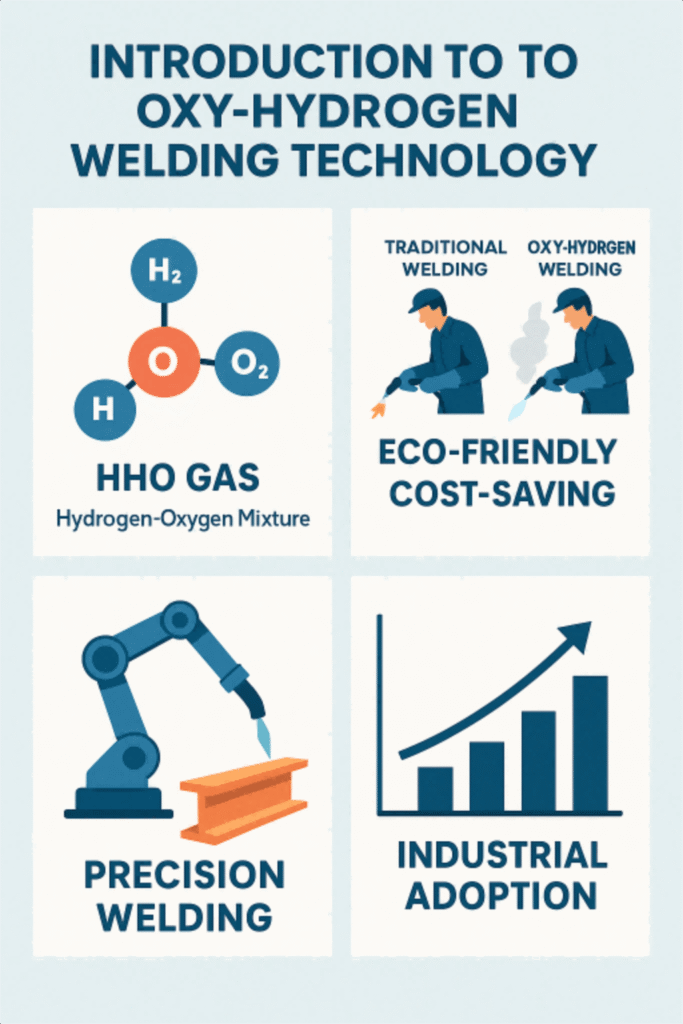
7. Cost Analysis & Environmental Benefits
Comparative Fuel Cost Savings
HHO gas costs up to 70% less than acetylene or propane when calculated over time.
Reduced Carbon Footprint
Zero emissions = better sustainability scores and compliance with green standards.
Government Incentives
Many countries offer subsidies or tax breaks for adopting eco-friendly welding technologies.
Payback Period Calculation
Initial investment: \$8,000–\$20,000 Average monthly fuel savings: \$1,000+ Estimated payback period: 8–16 months
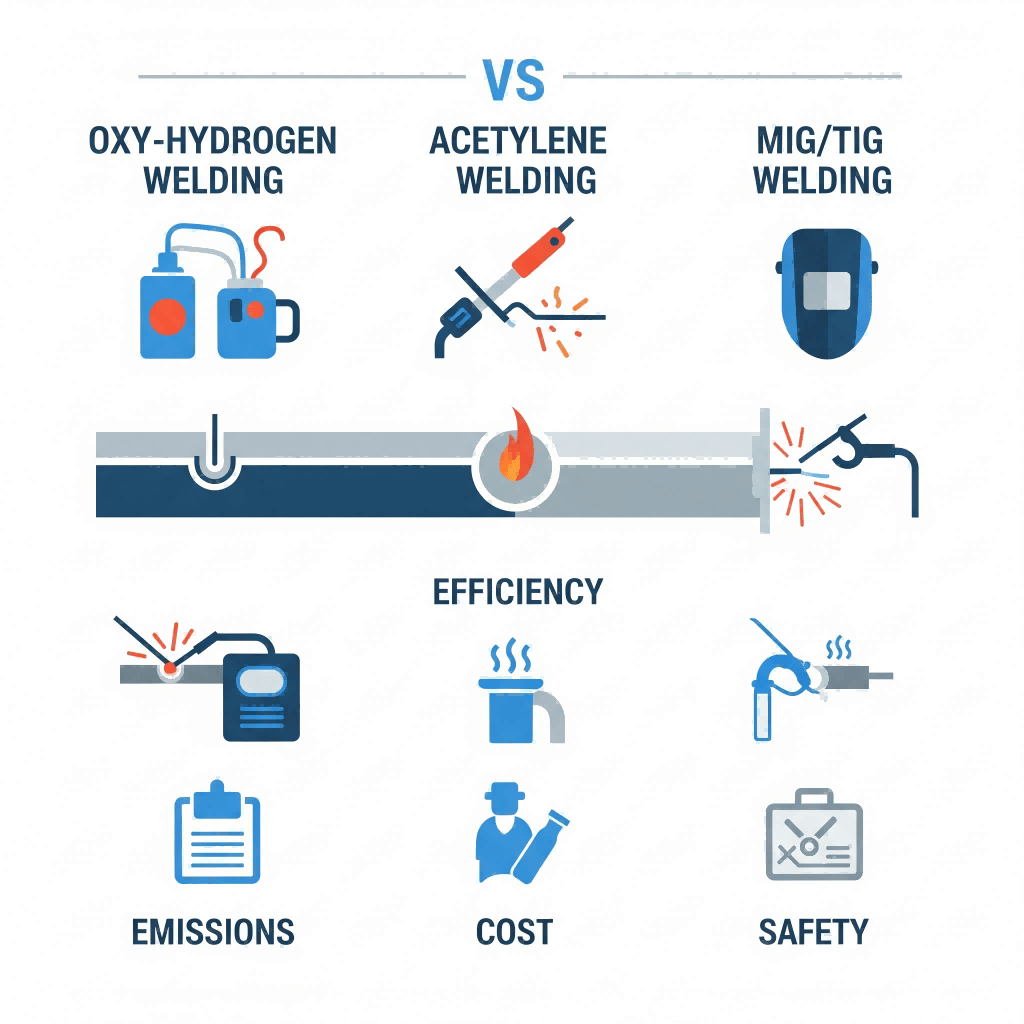
8. Selecting the Right Industrial HHO Generator
Capacity Requirements for Different Operations
| Industry | Recommended Capacity (L/hr) |
|---|---|
| Small workshops | 300–500 |
| Medium factories | 800–1200 |
| Heavy industry | 1500+ |
Key Specifications to Evaluate
- Gas output (L/h)
- Power consumption (kWh)
- Flame temperature
- Safety certifications
Top Manufacturers Comparison
- GreenFlame Tech
- EcoHHO Systems
- HydroPro Solutions
OEM vs. Standard Models
OEM units offer tailored output levels and automation compatibility for unique use cases.
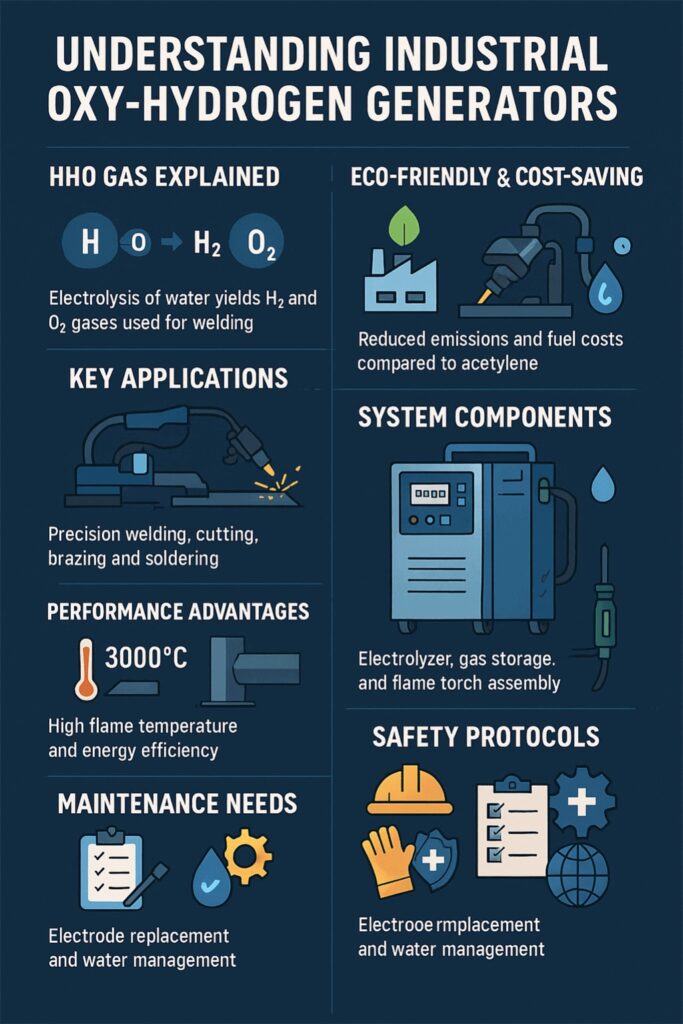
9. Future Trends in Hydrogen Welding Technology
Automation Integration
Pairing oxy-hydrogen torches with robotic arms for high-speed, repeatable welds.
Smart Monitoring Systems
IoT-based diagnostics and remote system monitoring for predictive maintenance.
Hybrid Energy Solutions
HHO systems powered by solar or wind energy for fully off-grid welding.
Industry 4.0 Compatibility
Data integration with ERP and MES systems for enhanced production control.
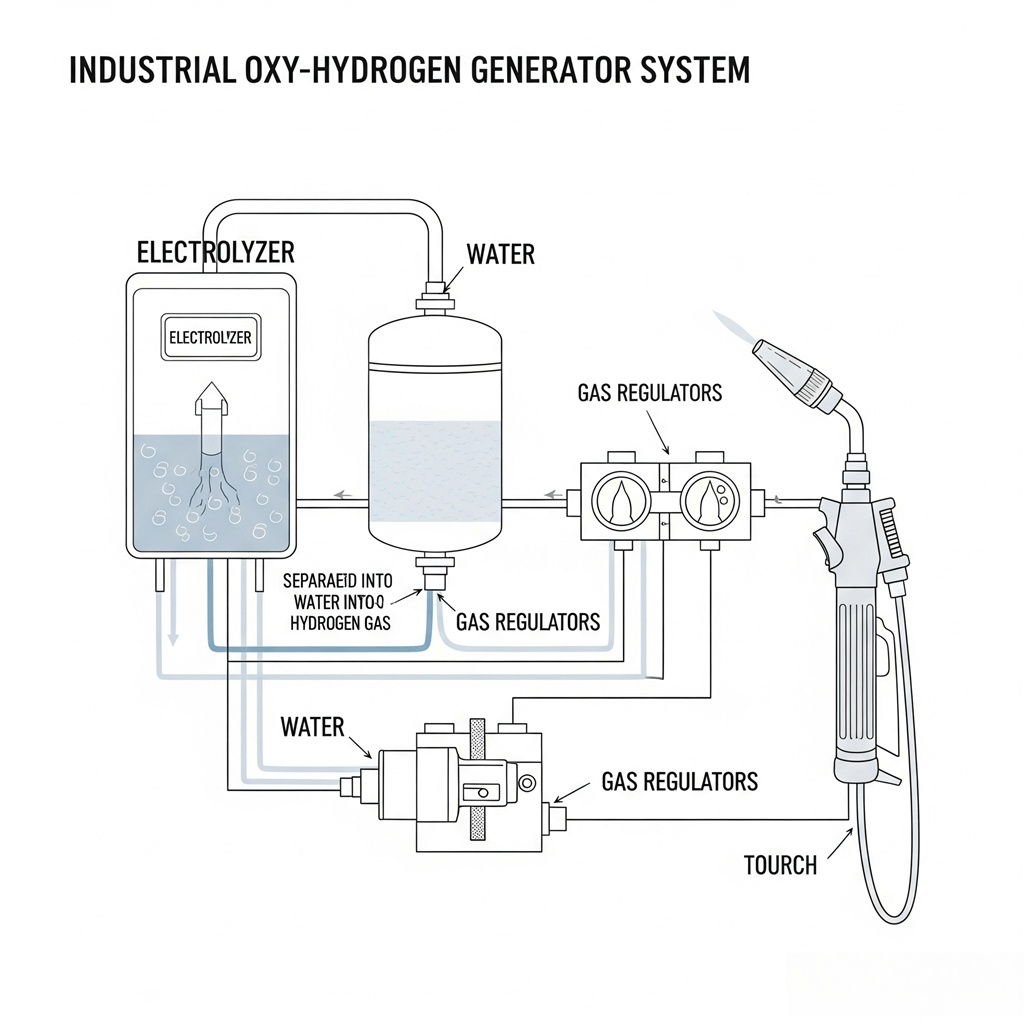
10. Conclusion & Next Steps
The transition to industrial oxy-hydrogen generators marks a new era in welding technology—one that emphasizes efficiency, sustainability, and precision.
Ready to Experience the Difference?
✅ Request a customized quote based on your operational needs
✅ Download our free technical specifications sheet
✅ Book a live demo with one of our welding engineers
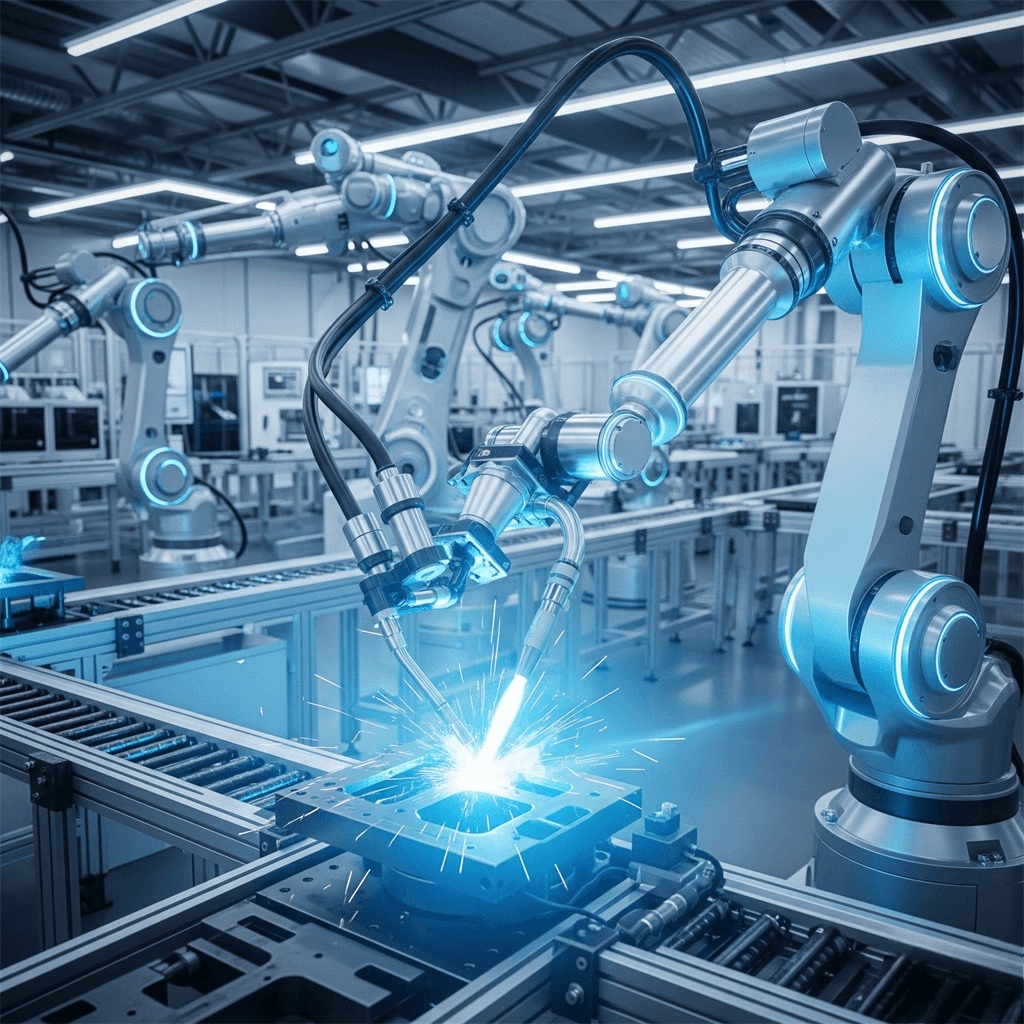
Frequently Asked Questions (FAQs)
Q1: Is oxy-hydrogen welding safe?
Yes, when used properly. Built-in safety systems like backfire arrestors and leak detectors ensure operational safety.
Q2: What materials can be welded with an HHO generator?
Common materials include stainless steel, aluminum, copper, brass, and carbon steel.
Q3: How often does the system need maintenance?
Basic checks should be done daily, with major servicing every 6–12 months depending on usage.
Q4: Can HHO replace traditional gas welding completely?
In many industries, yes. It’s especially effective where clean, high-precision welds are needed.
Q5: Are there government incentives available?
Yes. Many regions offer rebates or tax incentives for switching to green technologies.

